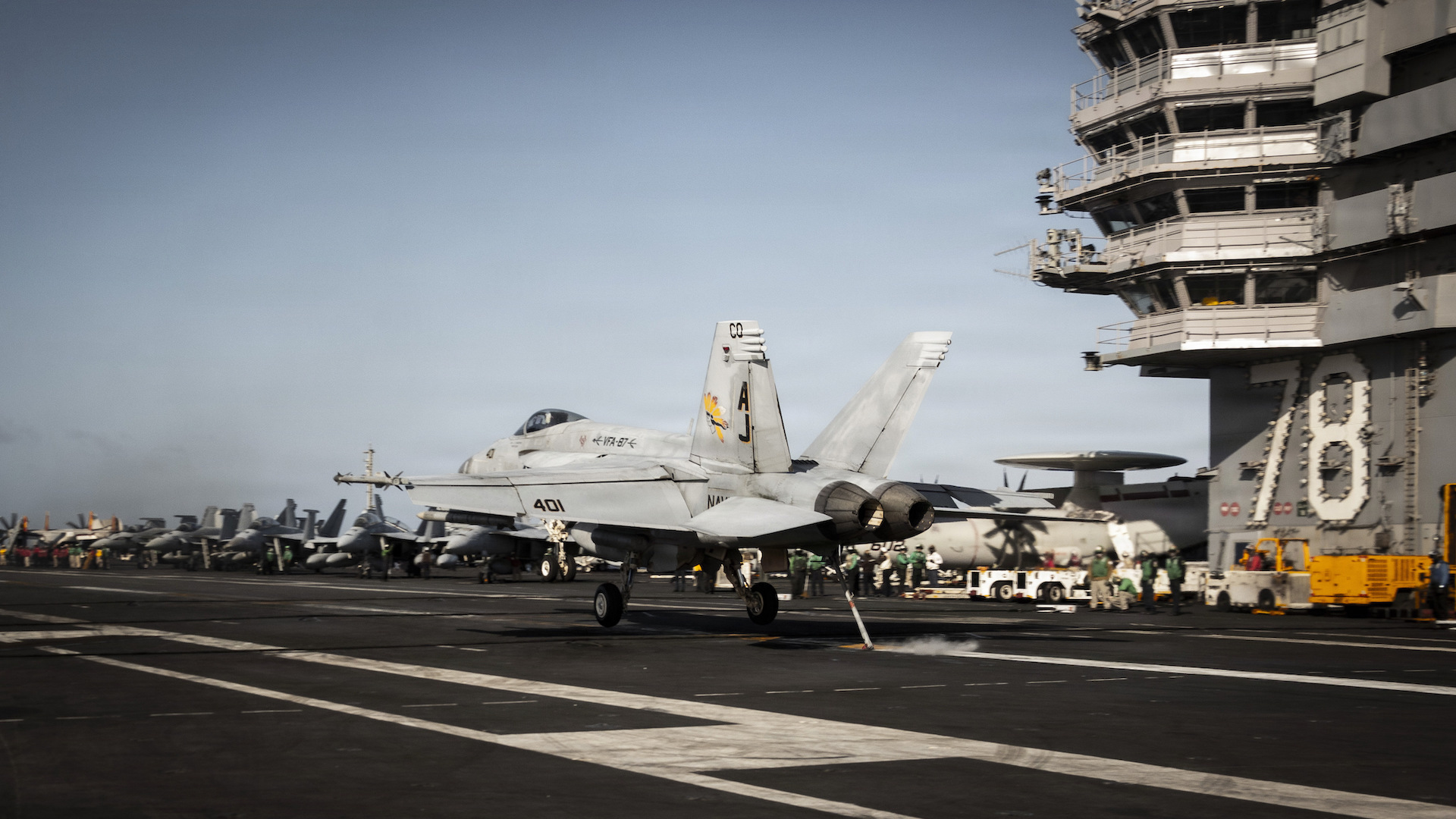The Troubles of the Kildin: Inside the Incident of a Russian Spy Vessel
The dramatic events surrounding the Russian spy ship, Kildin, captivated international observers when reports surfaced about its precarious situation off the coast of Syria on January 23. In a tense audio exchange, a crew member of the Kildin communicated urgent distress signals over the radio to another vessel, drawing the attention of military officials worldwide.
Distress Signals Amidst Flames
The scene unfolded with the unmistakable urgency of a ship in peril. Over the radio, the Kildin’s operator requested distance from a nearby vessel, stating, "Warship on your course. I am drifting. I’m not under command." The transmission highlighted a precarious situation as smoke and black fumes billowed from the ship’s smokestack, indicating a significant fire had compromised its operational capabilities.
Military sources later revealed that this dramatic exchange was not merely an isolated incident but rather part of a larger worry about Russia’s naval maneuvers in the Mediterranean region. The Kildin, equipped with intelligence-gathering technology, has been closely monitored by NATO nations due to apprehensions about potential espionage activities and the security of critical underwater infrastructure in the area.
A NATO Perspective
The incident was captured by military personnel from a NATO nation. The recording of the Kildin’s distress broadcast and visuals of the blaze were provided anonymously to the Associated Press. This intriguing peek into Russia’s spy operations and the unfolding of events has implications not only for military strategy but also for a broader understanding of naval readiness and security dynamics in contested waters.
In a subsequent report, the U.K. revealed that another Russian vessel, the Yantar, had been spotted loitering suspiciously near vital undersea infrastructure in the English Channel. The Royal Navy intervened, demonstrating the heightened state of vigilance amongst NATO countries regarding Russian naval activities.
The Fire and Its Aftermath
The Kildin, a vessel with over five decades of service, was gathering intelligence on NATO activities in close proximity to Turkish naval exercises at the time of the incident. The fire raged for approximately four hours, causing significant disruption. Although the ship’s crew took precautions by uncovering lifeboats, they did not deploy them as they worked to regain control over their vessel.
Responses from military officials indicated that the crew successfully managed to extinguish the flames and restore navigation eventually. However, questions linger about the fire’s cause — an issue left unaddressed by Russian authorities. The Kildin ultimately resumed its intelligence-gathering mission, now stationed off the Syrian port of Tartus, accompanied by a frigate and a support vessel.
Kremlin’s spokesperson, Dmitry Peskov, remained notably dismissive regarding the incident, stating he was unaware of the fire aboard the Kildin and downplaying its implications on Russia’s naval readiness. He cautioned against assessing the entire fleet’s health based solely on one vessel’s malfunction.
Logistical Challenges for Russian Naval Forces
Retired Vice Admiral Michel Olhagaray, who once led France’s center for higher military studies, weighed in on the implications of the incident. According to him, the incident underscores the logistical challenges Russia faces in maintaining an effective naval presence in the Mediterranean, especially while far removed from its primary operational bases in the Arctic and Baltic Sea regions.
A significant obstacle for Russian naval operations includes restrictions imposed by Turkey, which limits access to the Mediterranean through the Bosporus Strait due to ongoing tensions related to the conflict in Ukraine. This restriction complicates Russia’s capability to deploy its Black Sea Fleet in support of Mediterranean operations, revealing the vulnerabilities inherent in their strategic maritime deployments.
An Inside Look at the Communication
The Kildin’s radio communication reveals not only its distress but also an aspect of naval operations rarely accessed by the public. The audio recording featured a 75-second exchange between the Kildin and the Togolese-flagged cargo ship, Milla Moon. Initially misidentifying itself as another vessel, the Kildin eventually switched channels for reasons that reflect typical naval protocols in emergencies.
"Motor vessel Milla Moon, this is warship on your course," the Kildin operator declared, requesting the cargo ship to navigate away, acknowledging, "I am drifting. I’m not under command." The Milla Moon graciously responded, indicating compliance, "You are welcome. Good watch. Goodbye." This exchange perfectly encapsulates the urgent yet formal nature of maritime communication amidst a crisis.
The evolving narratives from the Kildin incident illustrate a multifaceted issue threading together national security, naval logistics, and international relations, providing a striking glimpse into the realities faced by naval operators. The complexities surrounding Russia’s engagement in maritime intelligence activities and the reaction from NATO allies underline the delicate balance of power in a globally interconnected environment fraught with tension.





